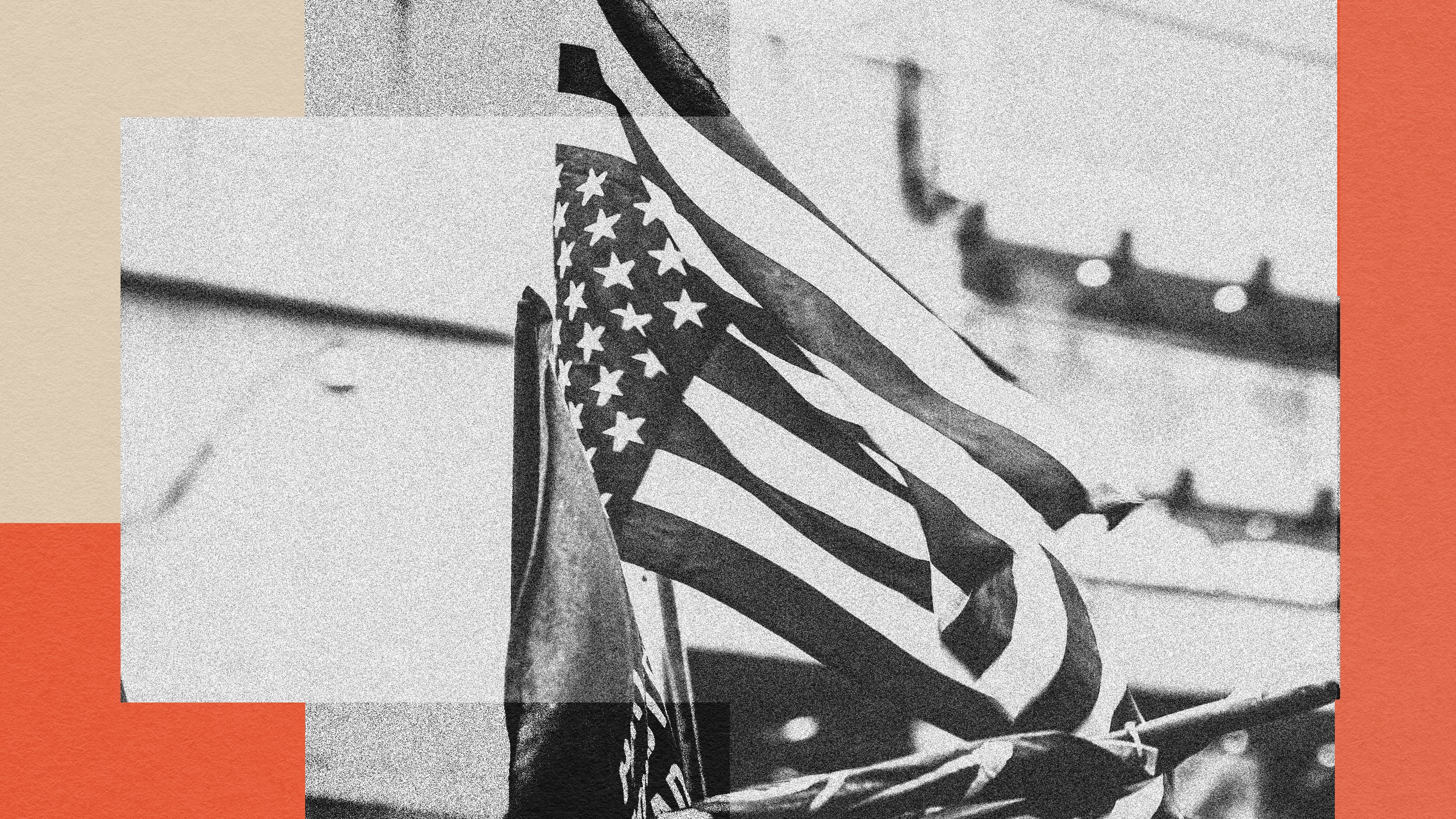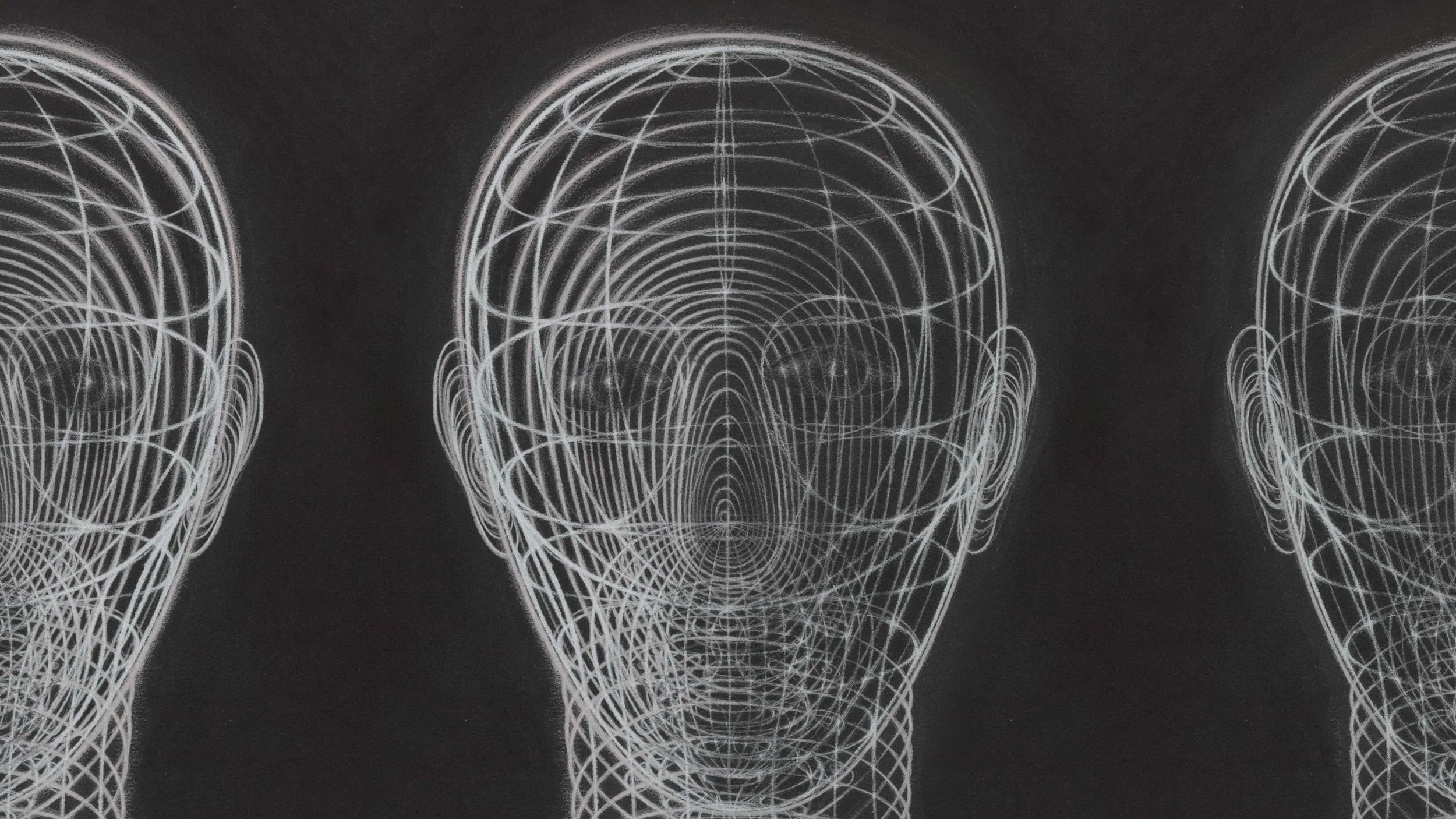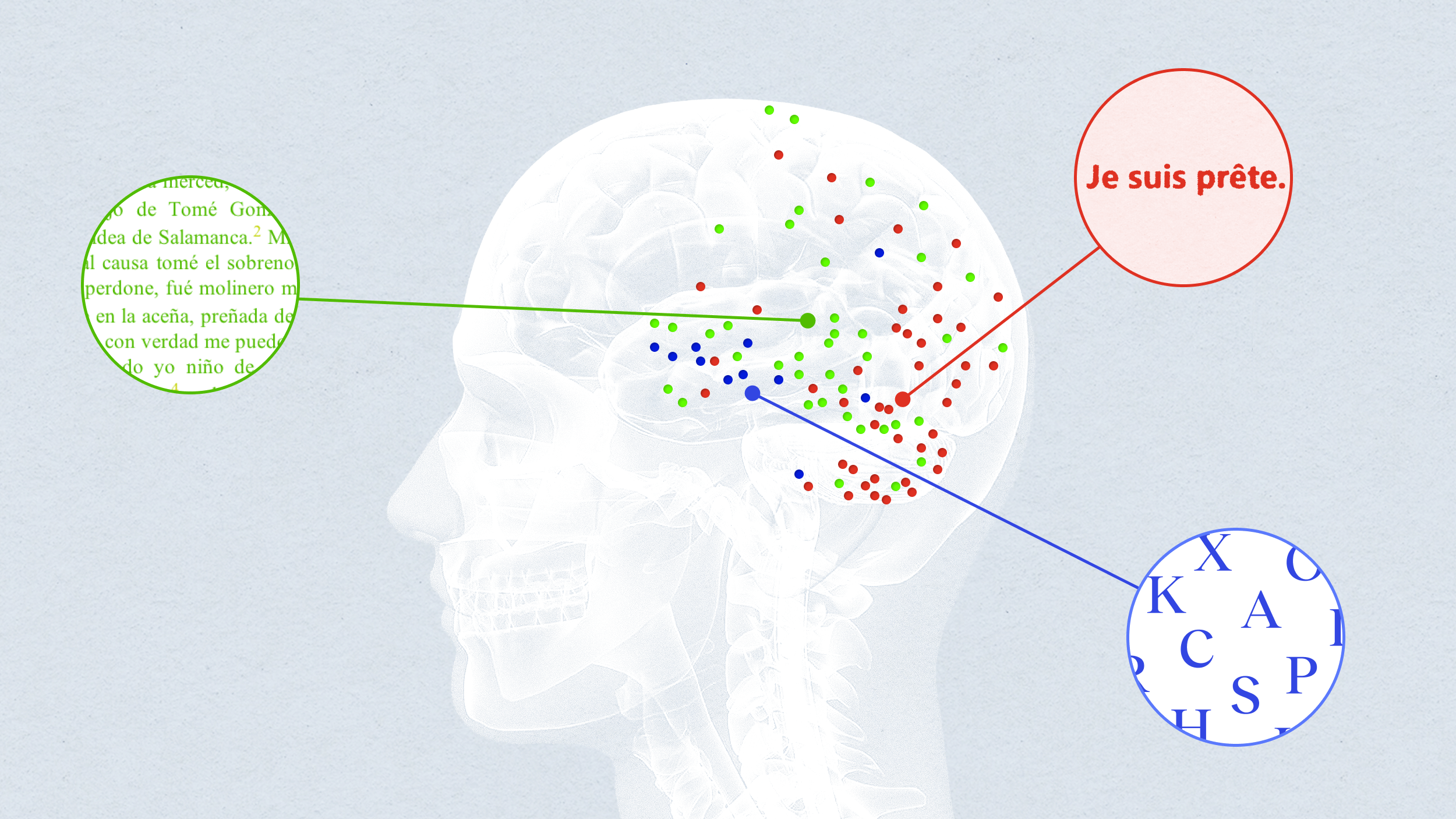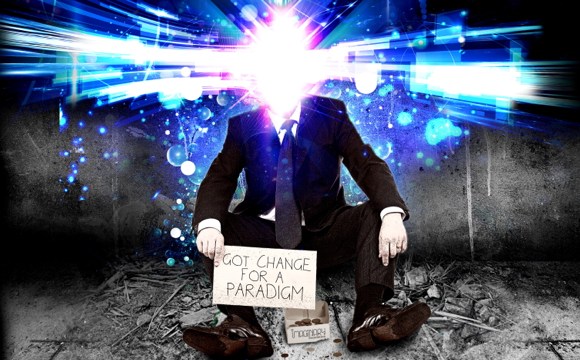This Week Mainstream Media Debated the Meaning of Journalism

The Guardian’s Glenn Greenwald is a traitor and should be arrested. Glenn Greenwald is a hero and a practicing journalist. That’s the debate in mainstream media that’s overshadowing the news that the NSA reads our emails. (For a “so sad it’s funny” look at that issue, see this new Tumblr “Obama is Checking Your Email.”)
Oddly, Greenwald has become the center of the Edward Snowden story for simply reporting the Edward Snowden story. When Matt Drudge broke the news of the Monica Lewinksy affair, his outlet, The Drudge Report, suddenly mattered and a decent and popular president was threatened with impeachment. But there was never a witch hunt against Drudge. His stock only skyrocketed.
Since breaking the NSA leaks, Greenwald has been attacked by some mainstream journalists. David Gregory, host of Meet the Press, now famously asked him if he should go to jail for essentially helping Snowden. Without missing a beat, Greenwald now famously shot the question down. (Video here.)
There was also an attack by The New York Times’ Andrew Ross Sorkin. The details are rich and laid-out by Rolling Stones’ Matt Taibbi:
So New York Times Dealbook writer Andrew Ross Sorkin has apologized to journalist Glenn Greenwald for saying he’d “almost arrest” him, for his supposed aid and comfort of NSA whistleblower Edward Snowden. “I veered into hyperbole,” was Sorkin’s explanation….
As Jeff Cohen eloquently pointed out on HuffPo, isn’t Sorkin the guy who’s always bragging about how close he is to top bankers and parroting their views on things? This is a man who admitted, in print, that he only went down to Zucotti Park after a bank C.E.O. asked him, “Is this Occupy thing a big deal?”
(Sorkin’s reassuring response: “As I wandered around the park, it was clear to me that most bankers probably don’t have to worry about being in imminent personal danger . . .”)
And when Senator Carl Levin’s report about Goldman’s “Big Short” and deals like Abacus and Timberwolf came out, it was Sorkin who released a lengthy screed in Dealbook defending Goldman, one I instantly recognized as being nearly indistinguishable from the excuses I’d heard from Goldman’s own P.R. people.
But the biggest clue that Sorkin’s take on Greenwald was no accident came in the rest of that same Squawk Box appearance (emphasis mine):
I feel like, A, we‘ve screwed this up, even letting him get to Russia. B, clearly the Chinese hate us to even let him out of the country.
I would arrest him . . . and now I would almost arrest Glenn Greenwald, who’s the journalist who seems to want to help him get to Ecuador.
As Taibbi goes on to explain:
All journalism is advocacy journalism. No matter how it’s presented, every report by every reporter advances someone’s point of view. The advocacy can be hidden, as it is in the monotone narration of a news anchor for a big network like CBS or NBC (where the biases of advertisers and corporate backers like GE are disguised in a thousand subtle ways), or it can be out in the open, as it proudly is with Greenwald, or graspingly with Sorkin, or institutionally with a company like Fox.
But to pretend there’s such a thing as journalism without advocacy is just silly; nobody in this business really takes that concept seriously. “Objectivity” is a fairy tale invented purely for the consumption of the credulous public, sort of like the Santa Claus myth. Obviously, journalists can strive to be balanced and objective, but that’s all it is, striving.
Some legends in journalism—notably Hunter S. Thompson and Martha Gellhorn—would agree. But historically, advocacy journalism has a dark side. Walter Duranty, who covered Stalin’s USSR for The New York Times, advocated for the evil dictator. The same year Duranty won his Pulitzer Prize, Stalin starved to death millions of his own people in a military-engineered famine. (Full disclosure: I wrote and optioned a screenplay about this historical event.) In fact, from George Bernard Shaw to John Reed (portrayed by Warren Beatty in Reds) the utopia promised by the young Soviet Union blinded a great deal of journalists and intellectuals. Lenin called them “useful idiots.”
So there’s a thin line between becoming a “useful idiot” and advocacy journalism (or journalism, as Taibbi calls it). In the case of Greenwald, even at his self-righteous shrillest, he’s safe from crossing it.





